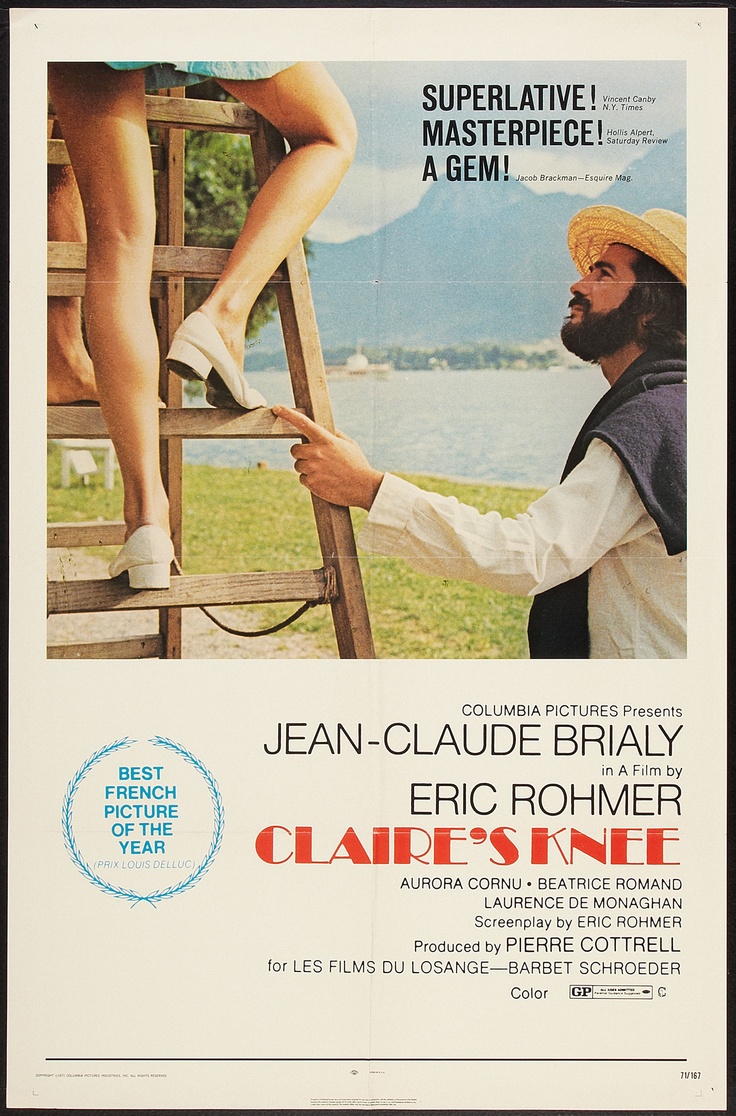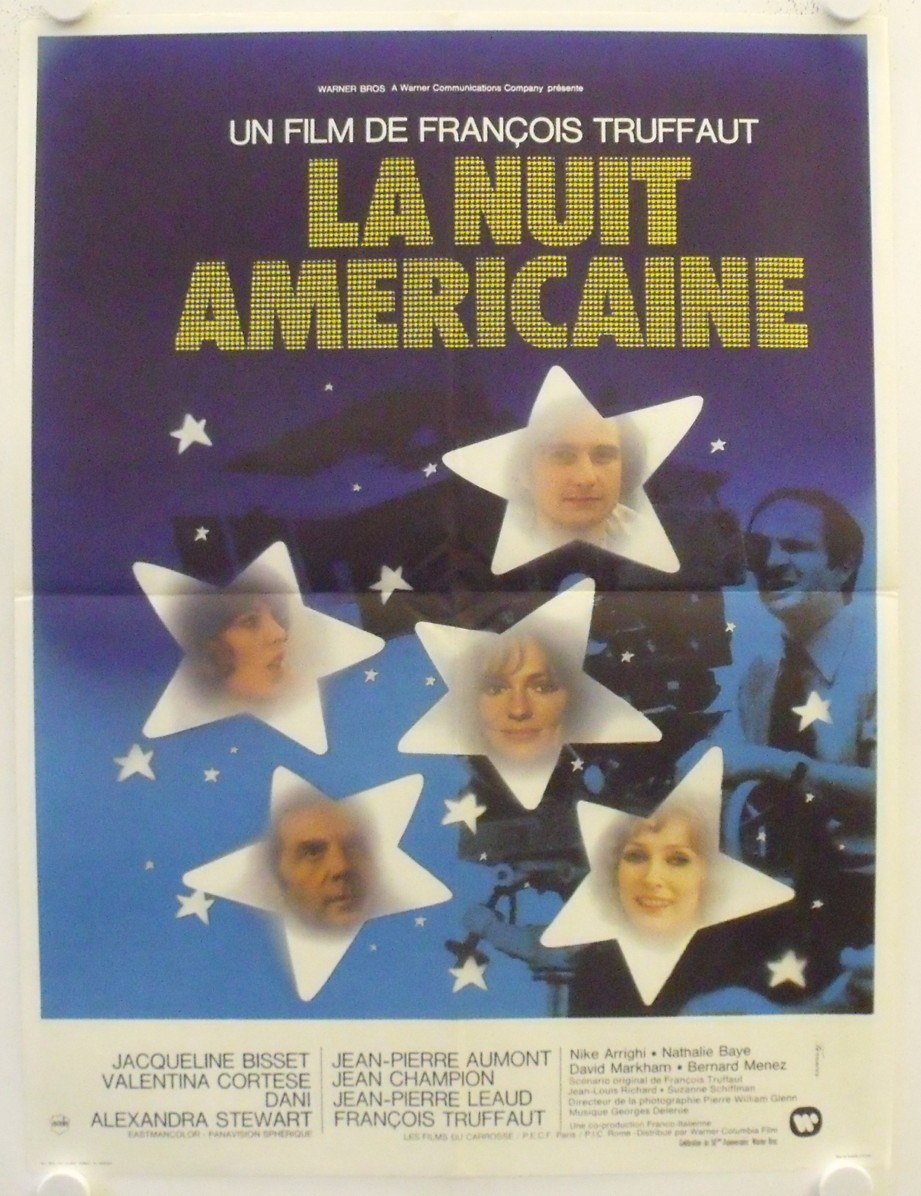
Never stop rooting for Juliette
in ‘I’ve Loved You So Long’
Cheerleading is not 100 percent risk-free. Having an emotional stake in something we can’t control requires a small amount of courage.
You can’t possibly watch “I’ve Loved You So Long” and not root for Kristin Scott Thomas’ Juliette. We meet her, and her condition is not good, and we wonder about her, but gradually, we see more and more evidence of the kind of woman she is, and we take our chances by refusing to take our eyes off of her — even though we fear there’s another shoe to drop.
“I’ve Loved You” employs a formula common in movies featuring troubled or damaged characters, whether “Little Miss Sunshine,” “Ordinary People” or another recent film with similarities, “Rachel Getting Married.” The formula is that the other characters are much more uncomfortable with the problem than the character with the problem is. And so we witness a protagonist, who has recently been in some very big trouble, as an island of calm as others bumble and stumble in his or her presence, sometimes pointedly honest, but usually pathetically awkward, trying not to say the wrong thing and stopping themselves in mid-sentence, etc.
Too often these films lead to an inevitable fork in the road, either the person relapses, or becomes “cured” in some fashion, and the drama is limited to finding out which wins.
The best films transcend that path and take the story to a different level. “I’ve Loved You” is one of them. All of the time spent wondering how Juliette might crash is filled in mightily by another story — will she ever find meaning in this world? Most of us have found it in our spouses, our children, families, work, hobbies, passions, etc., but Juliette is bankrupt of many of these options.
Thomas is impossibly convincing, with help from her makeup artist, as an elite individual reduced to far less than that. In her early scenes, there are dark shadows around her eyes. She looks tired, perhaps cries often, is depressed. If not for her sister’s tenuous generosity, it is difficult to believe she would find safe harbor on her own. While there is not great tension, she is nevertheless at the mercy of her sister’s family and their lifestyle.
After some time, it is not a stretch to say she toys with them. It is not an easy transformation. Picking up where she left off, as we come to realize, was never an option. Her life has reverted to trial and error, at the most basic level. She goes job-hunting for entry-level work, accepting admonishment from low-ranking employers she seemingly could be bossing around herself. To meet men, she might be destined for the singles bar scene.
None of these episodes can dent Juliette’s psyche. Whisper things about her, reject her for a job, seduce her, it’s OK; she’ll get over it and move on.
Her sister, Léa, played nearly as well by Elsa Zylberstein, cannot deal with these issues quite so well. At some point we might question, which one of these is more troubled. It can’t possibly be Léa, with her impressive job and happy family, but a few things make us wonder. Her actions, tentative as they seem, are a victory of confronting a problem everyone else has refused.
Like “You Can Count on Me,” another exceptional sibling drama, the seemingly stronger, healthier character is gradually revealed to be suffering similar pain as the other, but happens to be more functional in everyday society. Both films show that those who fit in are not always much better off than those who don’t — and those who don’t might have something to offer the other.
But Juliette’s pain is the command performance. She has much in common with Kate Winslet’s Hannah Schmitz from “The Reader,” a person who has accepted a seemingly overly harsh sentence from society because in her mind, it does not go far enough. Even their adversaries want them to open up, to tell what happened. This film is superior to “The Reader” because Juliette’s pain is not nearly so complicated or entwined in international law. We are left wondering, until the moment is right.
Thomas sprinkles some gems throughout her performance. The two best, or most entertaining, scenes are when she announces her past in deadpan manner over a table of drunken acquaintances, and when she confides to her sister about a tryst. The outcome of each is slightly unexpected, and disarmingly amusing.
Director Philippe Claudel, who does not have a long list of credits, also scores with the presence of an old man in the household. Surely he must make himself important, at some point, a quiet observer who will eventually reveal a big secret. This review will not reveal his role, but will just say it is quietly surprising.
Many will draw parallels between the diversity of the characters here and in “Rachel Getting Married.” It seems to serve the same purpose in both films, suggesting that it’s often easier to get along with people from different countries than our own flesh and blood.
Scott Thomas, a dazzling 48, is on a binge, with six 2008 movies in the bank and a couple more en route in 2009. It will be impossible to top this masterwork of vulnerability and beauty. She should pick up her first Oscar, her lone nomination being for 1997’s “The English Patient.” One criticism of “I’ve Loved You” is that it might actually get a bit ahead of itself, that once we see the direction Juliette is going, we want to see her get there faster, but the only disappointment is that we don’t get to see her in the future we’d love to envision for her.
4 stars
(December 2008)
“Il y a longtemps que je t’aime” (2008)
Starring Kristin Scott Thomas as Juliette Fontaine ♦ Elsa Zylberstein as Léa ♦ Serge Hazanavicius as Luc ♦ Laurent Grévill as Michel ♦ Frédéric Pierrot as Capitaine Fauré ♦ Claire Johnston as La mère de Juliette et Léa ♦ Catherine Hosmalin as La conseillère d’insertion ♦ Jean-Claude Arnaud as Papy Paul ♦ Olivier Cruveiller as Gérard ♦ Lise Ségur as P’tit Lys ♦ Mouss Zouheyri as Samir ♦ Souad Mouchrik as Kaisha ♦ Nicole Dubois as La DRH hôpital ♦ Laurent Claret as Directeur hôpital ♦ Marcel Ouendeno as Bamakalé ♦ Gérard Barbonnet as Monsieur Lucien ♦ Jérémie Covillault as Le jeune inspecteur ♦ Kevin Lipka as L’étudiant ♦ Bruno Raffaelli as Monsieur Dupuis ♦ Pascal Demolon as L’homme du bar ♦ Aïcha Mimouni as Serveuse du bar ♦ Catherine Antoine as Bimbo Lucien ♦ Lily-Rose as Emelia ♦ Valentin Jalet as Bébé Kaisha ♦ Claire Lefevre as Marie-Paule - dite Katrina (voice) ♦ Pascal Bordes as Patrick ♦ Alain Buron as François ♦ Isabelle Destrez as Muriel ♦ Nathalie Hamel as Nathalie ♦ Dominique Kucharzewski as Anne ♦ Marc Léonian as Yves ♦ Eva Quinto as Florence ♦ Elio Guarino as Enfant ♦ Alixane Pachot as Enfant ♦ Laurine Pachot as Enfant ♦ Hannah Peytavi-Müller as Enfant ♦ Olga Peytavi-Müller as Enfant ♦ Théo Urbauer as Enfant ♦ Alexandre Voisin as Enfant ♦ Maryse Voisin as Enfant ♦ Angèle Zidi as Enfant ♦ Paul Zidi as Enfant
Directed by: Philippe Claudel
Written by: Philippe Claudel
Producer: Yves Marmion
Executive producer: Sylvestre Guarino
Original music: Jean-Louis Aubert
Cinematography: Jérôme Alméras
Editing: Virginie Bruant
Production design: Samuel Deshors
Art direction: Emmanuelle Cuillery
Costume design: Laurence Esnault
Makeup and hair: Patrick Girault
Post-production manager: Abraham Goldblat
Unit production manager: Antoine Moussault
Assistant unit manager: Jean-Patrick Nourricier
Assistant production manager: Sandrine Rouquié
In memory of: Roger Viry-Babel





